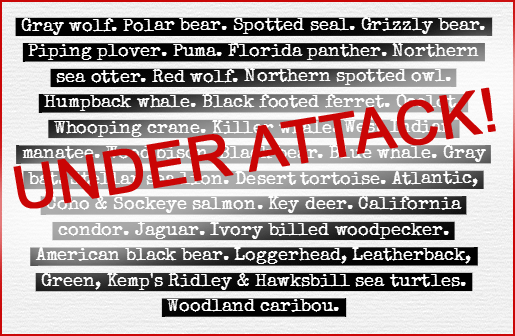It's seems to be a self-evident truth that all human beings want to be happy in life. But it also seems to be the case that we Americans have some seriously screwy ideas about happiness that may in fact get in the way of our own long-term happiness. In particular, we seem to think that real happiness is measured almost exclusively by our present economic conditions (stuff + now = happiness). Happiness is typically linked to GDP (Gross Domestic Product), a measure of how much we are producing and consuming at a given time. The presumption is that the higher the GDP, the happier the people of a nation must be. Americans have one of the highest GDPs in the world, so naturally, we must be among the happiest people in the world, right?
But what if the very lifestyle that we are living in the present is a threat to our long-term sustainable happiness and well-being? Imagine that we Americans are like heroin addicts. An addict needs his fix all the time in order to be happy, but the approach that he takes to achieving this happiness (abusing drugs) all but ensures that he can’t sustain his happiness in the long-term. What if our happiness is like the happiness of the heroin addict? In fact, using GDP to measure a people’s happiness is like asking a drug pusher whether an addict is happy while he is dwelling in a drug-induced state. The addict may think he’s happy, and the pusher would say he’s happy, but would anyone of sense really believe that this is sustainable happiness?
Fortunately, there’s another way to measure the happiness of people rather than simply by using GDP. Nic Marks of the New Economics Foundation has developed what he calls the Happy Planet Index. Marks takes for granted that things like a person’s present perception of happiness and his or her life expectancy are important criteria of happiness. But he also takes into consideration the impact that an individual’s lifestyle has on the planet when determining whether that individual’s happiness is ultimately sustainable. The formula he uses for making this determination looks like this:
- Experienced well-being: people around the world are asked to describe on a scale of 1-10 their experienced state of well-being, with 0 representing the worst possible life and 10 representing the best possible life.
- Life expectancy: based upon the 2011 United Nations Development Report.
- Ecological Footprint: basically examines how much of the world’s resources are used by individuals in different nations to sustain their lifestyles.
Here’s the way Marks explains his approach to happiness during his 2010 Ted Talk.
So, if instead of thinking about happiness purely in terms of the ability to consume in the present, we think about happiness in a more sustainable way, how does the United States rank compared to other nations of the world? The Happy Planet Index has a nifty traffic light score to rank individual nations: green (good), yellow (middling), and red (bad).
As you can see, the results are radically different depending upon which criteria for well-being we are looking at. But if we’re really concerned with sustainable happiness, we need to look in particular at the HPI map. As you explore this map, consider which are the best countries to live in for sustainable happiness and which are the worst.
I’d like to propose that what Marks says about the happiness of different countries applies to the happiness of individuals as well. Think about your own life, for example. Do you perceive yourself to be living a happy and healthy life? If you do, that’s terrific, but, as Marks points out, you also need to consider whether your happiness is ultimately sustainable.
To determine this, take a few moments and complete the following Ecological Footprint survey. Try to answer the questions to the best of your ability, and, if you’re uncertain about the answers to any of the questions, just make the best educated guess possible.
At the end of the survey, see how many hectares it takes for you to live the lifestyle that you do. 1.9 hectares would be ecologically ideal, but anything under 2.5 hectares would indicate a more or less sustainable lifestyle. What was your score on this survey? How many planets would it take to sustain the kind of lifestyle that you live if everyone on the planet chose to adopt it?
The question that we all need to ask ourselves in the end is whether the perceptions we have about our own happiness correspond with the reality of whether or not our happiness is ultimately sustainable. Marks seems to suggest that, if there’s a real dichotomy between the two, our happiness is based upon delusion—a delusion that I would argue is similar in many ways to the delusion an addict would have about his own happiness. At the very least, becoming aware of this dichotomy should make you start to ask some very fundamental questions about the validity of our Western, materialistic notions about happiness in a world characterized by an ever-increasing scarcity of resources.












